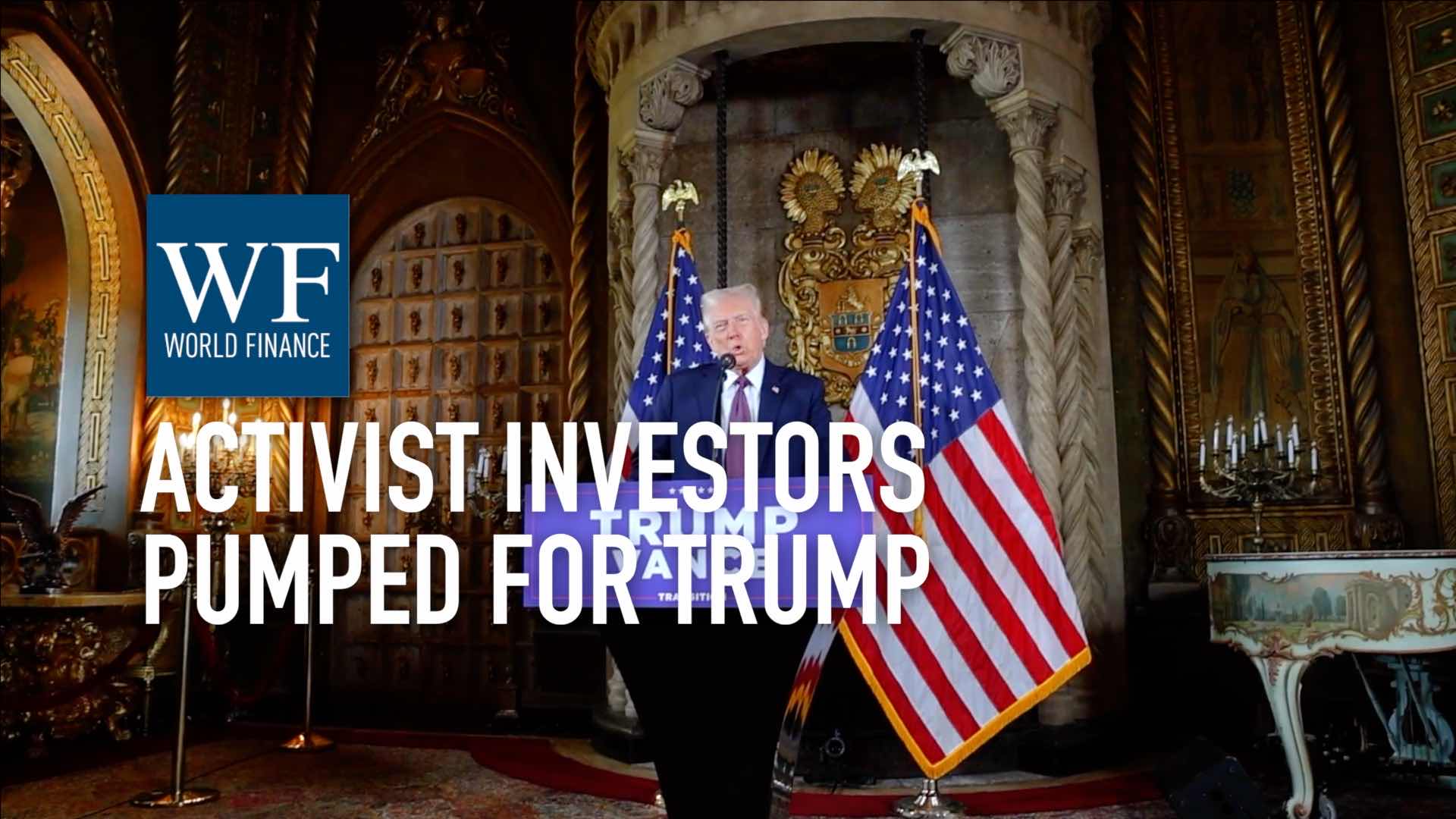Vicente Sevhila on Brazilian Law | Sevilha Contabilidade
World Finance interviews Vicente Sevilha, founder of Sevilha Contabilidade, on the legal challenges for international businesses entering Brazil
Related:
Transcript
Sevilha Contabilidade has been working over 25 years to help companies and entrepreneurs settle their businesses in Brazil. Its tax expert, founder and CEO Vicente Sevilha talks about the challenges for international businesses entering Brazil, the tax implications for foreign investors, and his recommended strategy for companies with branches in Brazil.
World Finance: So introduce us to the firm, what type of service do you offer clients?
Vicente Sevhila: We work with accountant services, and our service starts at the very first moment in the company. We help anybody who wants to set up business in Brazil. From the setup of the company, we help you to understand how the Brazilian laws treat the establishment of a company in Brazil. After you have your company already established, we help you to control it, providing accountant services like balance sheets and PNL, and also to provide new managements reports and financial reports, so you can control your branch in Brazil, the internal taxation and international taxation questions. We also provide to our clients services relating to payroll and employees’ control.
World Finance: What type of challenges do you face within the jurisdiction, and how do you overcome those?
Vicente Sevhila: It starts from the first moment, to understand how Brazilian laws work. So everyone who wants to do business in Brazil can use our company to help them understand the Brazilian regulations, and to understand how to start doing business in Brazil, because this is the main point. After you understand how things work in Brazil, those challenges become daily work, and you can do it easily.
World Finance: And tell us more about the tax implications affecting foreign companies in Brazil.
Vicente Sevhila: If you think about any company in any place in the world, they start thinking of doing business in Brazil by comparing their products with the Brazilian market. So they look to the products that they have, and think “we have a good product with a good price, let’s introduce this in the Brazilian market.” At this very first moment, you can make some mistakes, because when you bring your goods here from Europe, for instance, at the moment those goods arrive at the port, you have to pay a lot of taxes. You pay in advance, and this will increase the cost of operations, so you cannot use the same price you use here in the Brazilian market. So what we do is help you to understand what kind of impact it will have when you deliver those goods within Brazil and how it will cost after that.
World Finance: So how can companies go about establishing a branch in Brazil?
Vicente Sevhila: Well, I see different strategies for different companies. For instance, if you think about a great company, who will manufacture things in Brazil, in this case the challenge will be to find a good place, and you will need to think about logistics. Because Brazil is a very wide country, it’s a very big country, and logistics are a main question. At the same time, when you think about logistics, and you choose a place to establish your plant, you need to think about taxations because, depending which state you put your business, you have different taxation impacts. So we help you to understand the different laws and different taxations between one state and another within Brazil. But if you ware talking about small to medium businesses, you can start doing business just offsea, and with this you start to explore the Brazilian market, making sales and contact and delivering your goods from your base in Europe, or any other place in the world to Brazil, distributing it within Brazil, and after a while you can then think about having your own plant in Brazil.
World Finance: And finally, what type of strategy would you recommend to companies who have branches within Brazil?
Vicente Sevhila: The first thing you need to think is, who will be the Brazilian resident people who will be the administrator of our business there? This is a very important point, because those men or women will be the last responsible for all operations in Brazil, so it needs to be someone you trust, someone that is capable to run the business in Brazil. Another question is the place you want to be established. You need to find an address, and dependent on each state you want to put that address, you have different impacts on your company. So these are the first two steps you need to think about. Where, and who will run the company back in Brazil?
World Finance: Vincente, thank you.
Vicente Sevhila: Thank you Eleni, it’s very good to be here with you again.

 Prepare now for aggressive shareholder activism under Trump 2.0, says Kai Liekefett
Prepare now for aggressive shareholder activism under Trump 2.0, says Kai Liekefett Banco Popular Dominicano: Digitalising Dominican finance
Banco Popular Dominicano: Digitalising Dominican finance
